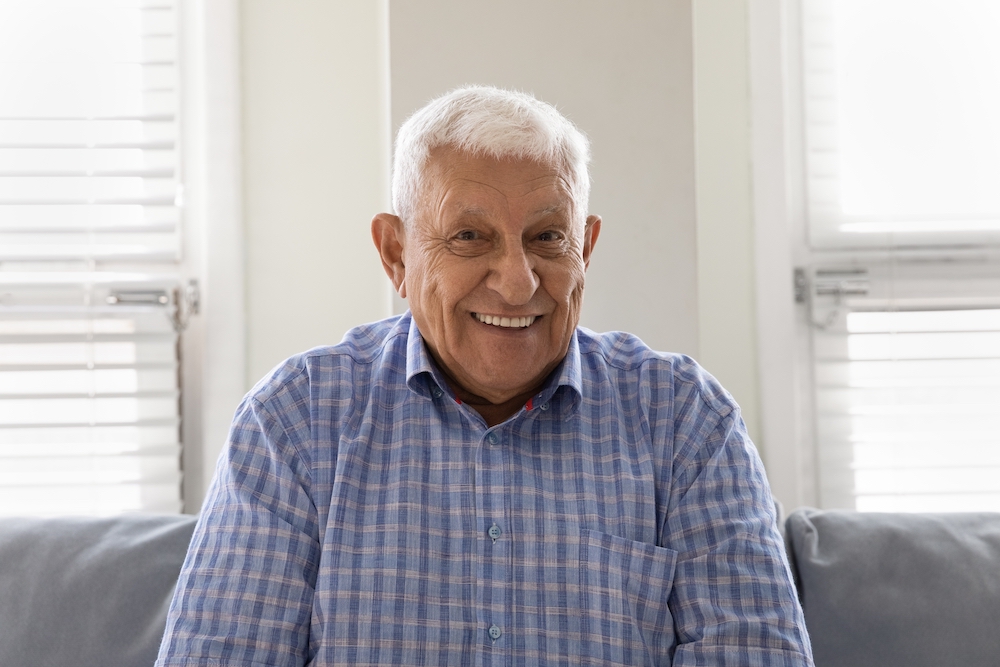
Studies suggest that access to eye care is still low in the country. It is a big problem, considering blindness and vision loss are a common disability. Eye health practitioners and community health centers in different places help to provide vision screenings and eye health education for those who cannot access care. Still, visual problems continue to plague many individuals across the country.
Access to Eye Care for All
Many individuals lack access to eye care, which results in the prevalence of preventable and treatable conditions. Studies show that the majority of people at high risk of vision loss do not get regular eye exams.
Eye specialists decry the inequity in eye care in the country and recommend prioritizing eye health. Apart from enhancing access to public health centers, it is crucial to reach those who cannot get to the centers. This is where promoting community engagement and embracing medical house calls can help.
Barriers to Accessing Eye Care
Research shows that many people with eye and vision problems do not seek treatment. This is especially true for those with less education or who are unemployed. There are several barriers to care, including the following:
Financial barriers
Lack of insurance
Time barriers
Physical disabilities
Lack of transport
Lack of awareness regarding need
Unsure where to go for care
Studies find that older patients who seek eye care are often referred by primary care providers.
How Medical House Calls Work
House calls were common decades ago before healthcare providers moved their practices to clinics. Today, house calls are regaining popularity as health practitioners strive to reach underserved populations.
Older individuals may find it difficult or impossible to get to the clinic. House calls help to provide elders and other patients with the necessary care in the convenience and safety of their homes. During house calls, eye health providers can ask about the individual’s medical history, analyze symptoms, and order tests.
Benefits of House Calls for Eye Care
House calls are beneficial for various reasons. They allow underserved populations to receive the care they need. These are the benefits:
It is convenient for patients who cannot get to the clinic
It enhances individualized eye care
It encourages family involvement
It helps to save time and potentially money
It gives individuals more autonomy over their care
It encourages early detection and management of health issues
Patient-Centered Eye Care
Elderly individuals and those with special needs who cannot leave home can receive high-quality, patient-centered care. Eyecare workers can help to improve the lives of homebound individuals.
The ability for caregivers to reach patients during house calls can reduce the risk of vision loss from preventable conditions. Medical house calls offer the best services and support for people who would otherwise not access the help they need.
Several programs can deliver regular eye care for individuals in different parts of the country. Underserved communities need not suffer from preventable and treatable conditions or remain at high risk of vision loss.
For more on medical house calls for eye care to improve access for underserved populations, visit DaVinci Eye Care at our office in Warminster, Pennsylvania. Call (215) 443-8580 to book an appointment today.







